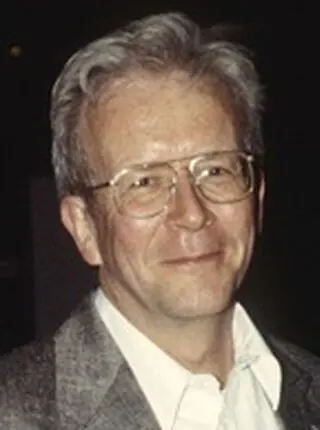Radiation Biology Research
The long-term goal of the Radiation Biology Research Program in the Department of Radiation Oncology at the University of Pennsylvania is to improve the outcome of cancer patients through an improved understanding of how ionizing and non-ionizing radiation interacts with biological tissues, as well as the fundamental processes that dictate the pathogenesis, survival and death of cancer cells in the context of the tumor microenvironment. Multiple investigators are brought together in this program to identify the molecular and physiological pathways influencing the response to treatment of tumors and normal tissues. Ongoing efforts are targeted at developing treatments combining radiotherapy with immunotherapy, optimizing precision (personalized) Radiotherapy and Photodynamic Therapy, and applying innovative imaging approaches to target radiotherapy for improving patient outcome. Our program is unique in the breadth and depth of the research available and in the wealth of collaborative activities, from molecular studies of how the tumor microenvironment influences tumor response to radio/chemotherapy, to translational projects involving animal models, as well as clinical trials. The research in the Radiation Biology Division is truly "bench-to-bedside".
Current support for our research and educational goals to Division PIs includes:
- 2 Program Project grants (P01s) in Photodynamic Therapy and the Unfolded Protein Response & Cancer,
- a PCORI grant to perform pragmatic trials at the National Level on the use of Protons to treat Breast Cancer
- 7 R01 grants
- 3 DoD grants
- NIH R25 Summer Undergraduate training grant to train new generation of scientists in Radiation and Imaging Sciences (SUPERS) is currently in its 11th year of funding.
- Multiple investigators in the Division and the Department are further supported by industry and foundation grants.
Recently, Associate Professor of Radiation Oncology, Andy J. Minn, MD, PhD was named Director of the newly formed Mark Foundation Center for Immunotherapy, Immune Signaling, and Radiation at the University of Pennsylvania; made possible by the $12 million dollar grant given by the Mark Foundation for Cancer Research. This new center involves multiple research labs at Penn that are interested in advancing cancer immunotherapy through innovative science. This science will emphasize mechanistic understanding of how interferon and pattern recognition receptor signaling orchestrates response and resistance to immunotherapy — from both the cancer-side and the immune system-side. Translational initiatives to therapeutically exploit emerging understanding of the biology is also being pursued through engineered CAR T cells, FLASH radiation, and novel target discovery.
In all, the aggregate annual budget for research support totals over 7 million dollars. The Division has a dedicated administrative staff that manages these grants, as well as several lecture series that feature collaborators and renowned scientists from across the globe. In recent years the Division has ranked number 1 or 2 in National Institutes of Health grant funding among comparable programs in the country. We welcome you to click on any of the investigators below for more details of our ongoing research.
Our preclinical research efforts are enhanced with an advanced Cell and Animal Radiation Core facility (CARC) and a dedicated Proton animal treatment room. The opening of our Proton/Photon Research Room in 2017 brought research opportunities to the top level. The platform was designed to precisely deliver photon radiation to the model, but since it is mounted on a rail system, the model can also be positioned directly in front of the research proton beam.
There is much excitement surrounding FLASH Radiotherapy, emerging technology where an entire treatment of radiation therapy will be given in one highly concentrated dose to the patient lasting only seconds. Many scientists throughout UPenn's departments are collaborating together to study the relationship between FLASH radiation and immunotherapy treatments where the side effects of traditional radiation therapy will be lessened dramatically. Though still in preclinical studies, research is progressing.
Research Updates
Chairman
Investigators
Theresa M. Busch, PhD

Associate Director of Research and Professor
theresa.busch@pennmedicine.upenn.edu
Research Areas: Investigation of photodynamic therapy (PDT) for the treatment of solid malignancies; Study of tumor blood vessel structure and function as determinants of tumor response to therapy; Modulation of vascular microenvironment and survival signaling toward sensitization of tumors to PDT.
Keith Cengel, MD, PhD

Professor
cengel@pennmedicine.upenn.edu
Research Areas: Investigating interactions between dose heterogeneity and growth factor/cytokines signaling in determining the therapeutic index of radiation therapy (RT) and photodynamic therapy (PDT).
View Faculty Profile | View Lab Website | View Clinical Profile | PDT P01 page
Crystal S. Conn, PhD

Assistant Professor
crystal.conn@pennmedicine.upenn.edu
Research Areas: Identification and the regulation of signaling cascades activated during oncogenic transformation; dynamic adaptations for metastatic cancer progression; protein synthesis control with an emphasis on non-conventional mRNA translational; integrated stress response; metabolic dysfunction; identifying novel protein isoforms for disease detection and targeted therapy.
Jay F. Dorsey, MD, PhD
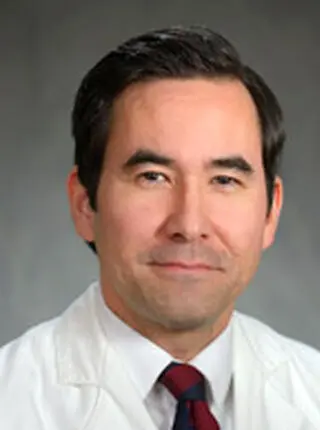
Associate Professor
jay.dorsey2@pennmedicine.upenn.edu
Research Areas: Radiation theranostics; Circulating Tumor Biomarkers; Therapeutic Death Receptor/ISR modulation in glioma.
View Faculty Profile | View Lab Website | View Clinical Profile
Sydney M. Evans, VMD

Professor Emeritus
sydevans@pennmedicine.upenn.edu
Research Areas: Biomarkers including circulating tumor vesicles (microvesicles) and hypoxia; Mechanisms of tumor therapy resistance; Effects of tumor hypoxia on the radiation response of tumors.
Andrea Facciabene, PhD
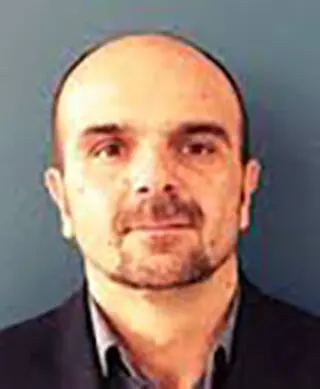
Associate Professor
facciabe@pennmedicine.upenn.edu
Research Areas: Immunotherapy and investigation of the network of immune responses to tumors; Basic research including the development of two new vaccination strategies using mitochondria isolated from tumors and tumor vasculature antigen; Study of regulation of immune surveillance and the tumor microenvironment by the gut microbiome; Clinic research including the development of new preclinical immunotherapies.
View Faculty Profile | View Lab Website
Yi Fan, MD, PhD
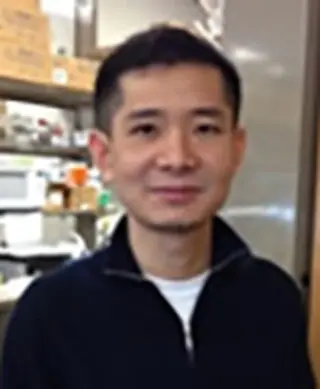
Associate Professor
Yi.Fan@pennmedicine.upenn.edu
Research Areas: Endothelial cells; Cancer stem cells; Angiogenesis; Endothelial-mesenchymal transition; Macrophage transition; Metabolic dysfunction; Translational control; Brain tumor; Lung cancer; The role of tumor microenvironment in tumor progression and therapeutic resistance with a focus on vascular niche.
View Faculty Profile | View Lab Website
Gary D. Kao, MD, PhD
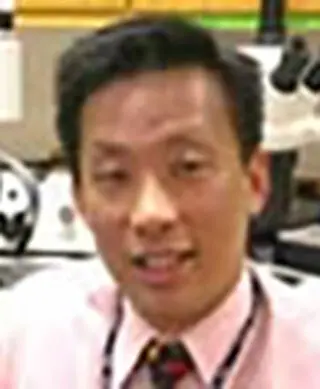
Associate Professor
gary.kao@pennmedicine.upenn.edu
Research Areas: Assays and animal models for investigating novel strategies for improving the efficacy of radiation therapy; Circulating tumor cells (CTCs) and molecular profiling of CTCs for personalizing precision medicine.
Ann R. Kennedy, D.Sc.

Professor Emeritus
akennedy@pennmedicine.upenn.edu
Research Areas: Elucidation of mechanisms by which significant doses of ionizing radiation can result in adverse health effects, with particular focus on radiation induced carcinogenesis and acute effects; Development of agents that can prevent or mitigate the adverse effects caused by radiation exposure in normal cells and tissues.
View Faculty Profile | View Lab Website
Costas Koumenis, PhD, Vice Chair, Director of RadOnc Research
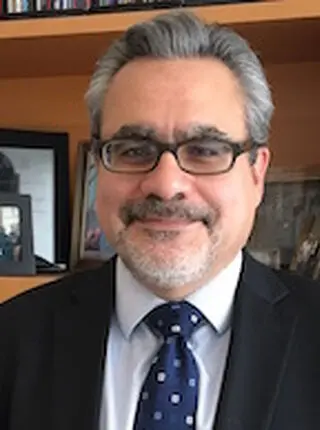
Richard H. Chamberlain Professor
Costas.Koumenis@pennmedicine.upenn.edu
Research Areas: Delineation of mechanisms of resistance to tumor microenvironmental stress, with emphasis on the Unfolded Protein Response in cancer; Development of small molecule agents to target these mechanisms as novel targeted modalities; Development of novel radiosensitizers.
View Faculty Profile | View Lab Website | PPG UPR in Cancer I PPG Translation Studies in FLASH
Andy Minn, MD, PhD
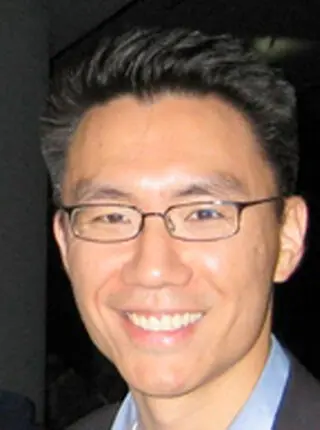
Professor
andyminn@upenn.edu
Research Areas: Gene programs and signaling pathways discovered through unbiased genomic approaches that regulate cancer metastasis and its resistance to either conventional treatment or immune therapies; Study how cancer cells acquire metastatic and treatment resistant phenotypes.
Ioannis (Yiannis) Verginadis, MSc, PhD
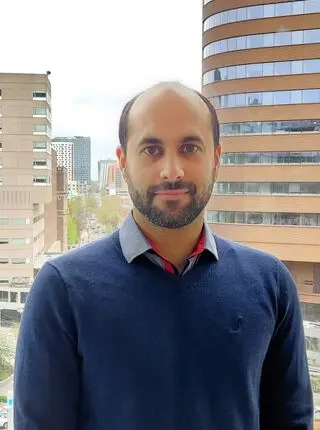
Research Assistant Professor
vioannis@pennmedicine.upenn.edu
Research Areas: Tumor microenvironment; resistance to radiotherapy; angiogenesis; cancer-associated fibroblasts (CAFs); pancreatic cancer; mechanisms involved in the initiation and progression of radiation-induced fibrosis, with emphasis on the heart and intestine; intestinal stem cell regeneration.
View Faculty Profile | View Lab Website
Tim Zhu, PhD

Professor
Timothy.zhu@pennmedicine.upenn.edu
Research Areas: PDT physics and external beam treatment planning; Development of explicit and implicit dosimetry of PDT and light fluence rate calculation; Development of benchmark database for external beams (electron, photon, and proton) and image co-registrations; Development of real-time treatment planning system for interstitial PDT and intracavitory PDT utilizing an IR navigation system.
View Faculty Profile | View Lab Website


